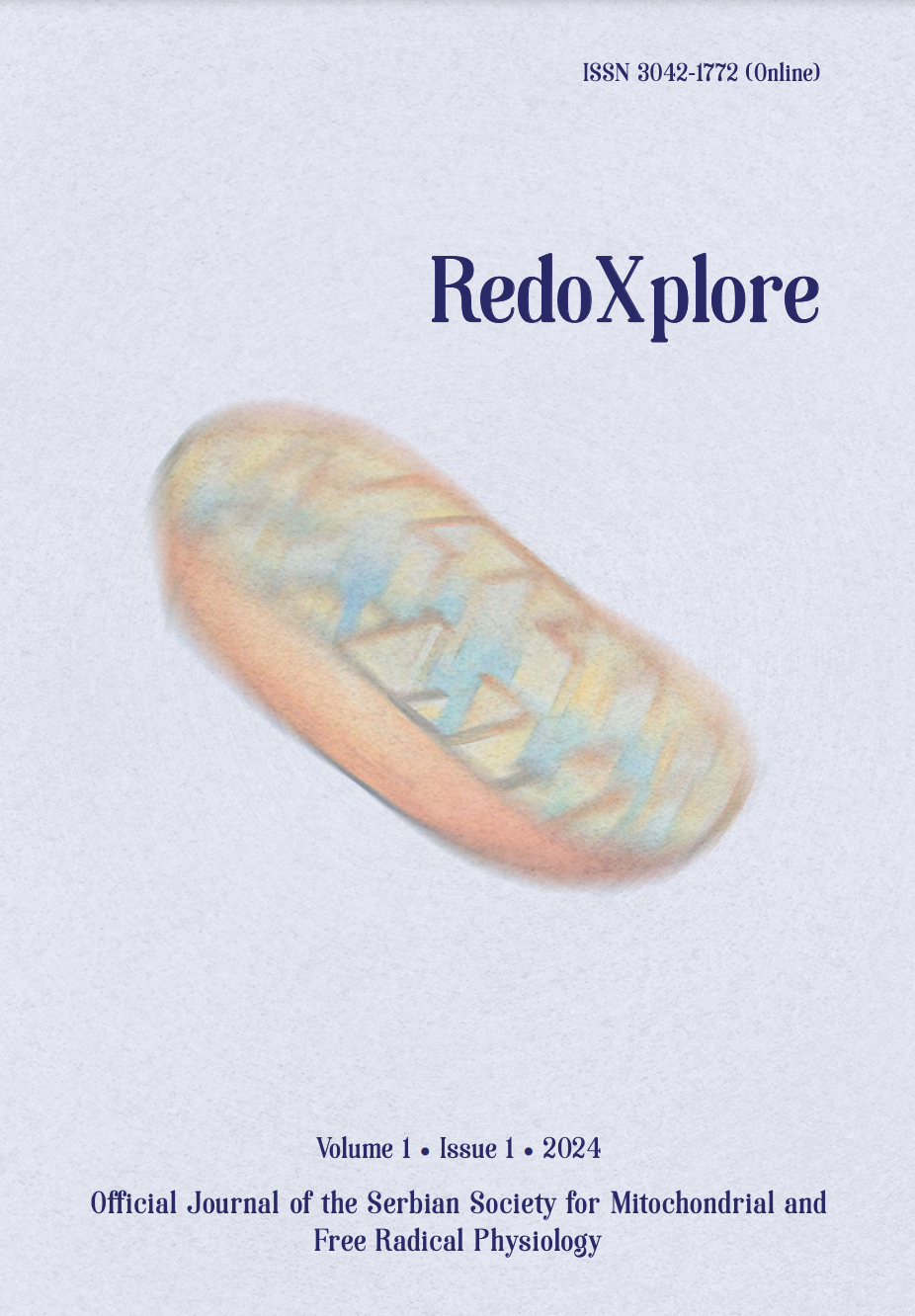Current issue

Volume 1, Issue 1, 2024
Online ISSN: 3042-1772
Volume 1 , Issue 1, (2024)
Published: 29.08.2024.
Open Access
All issues
Contents
29.08.2024.
Professional paper
COMBINED EFFECTS OF GLYPHOSATE-BASED PESTICIDES AND ELEVATED TEMPERATURE ON OXIDATIVE STRESS PARAMETERS AND ACETYLCHOLINESTERASE ACTIVITY OF BALKAN CRESTED NEWT (TRITURUS IVANBURESCHI) LARVAE
Amphibians are the most threatened vertebrate class. Exposure to pesticides and climate change are considered pivotal factors in the global decline of their populations. Glyphosate-based formulations are the most widely used herbicides, but increasing evidence of their harmful effects, including oxidative stress in exposed organisms, has sparked a heated debate. Current climate prediction models assume a global temperature rise of 3 °C to 5 °C in the coming decades. In poikilotherms, any changes in ambient temperature are directly translated into changes in physiological and biochemical processes. Furthermore, elevated temperatures could intensify the toxic effects of pesticides present in the environment. The aim of this study was to examine the effects of low, environmentally realistic concentrations of glyphosate-based herbicides (30 µg/L active ingredient) and elevated temperature (optimal t1=19°C and increased t2=23°C) on glutathione content (GSH), antioxidant enzyme activities (SOD, CAT, GSH-Px, GR and GST), activity of acetylcholinesterase (AChE) and levels of oxidative damage (TBARS - lipid peroxidation and PC - protein carbonylation) in larvae of the Balkan crested newt (T. ivanbureschi). Our findings revealed that glyphosate had a significant effect on the activity of all antioxidative enzymes, with the exception of SOD. Herbicide and elevated temperature led to a significant increase in the activities of CAT, GSH-Px, GST, and GR, as well as GSH concentration. This response of the antioxidative defense system prevented oxidative damage to lipids and proteins. Glyphosate exhibited a neurotoxic effect by inhibiting AChE only at elevated temperatures, while no significant change occurred at the optimal temperature. The findings suggest the importance of examining the potentially harmful effects of glyphosate in different ecological contexts, such as an increase in average temperatures by several degrees predicted by future climate scenarios.
Svetlana G Despotović, Branka R Gavrilović, Tijana B Radovanović, Marko D Prokić, Tamara G Petrović, Maja Ajduković, Milena Cvijanović, Tijana Vučić, Zorana Milosavljević, Jelena P Gavrić





